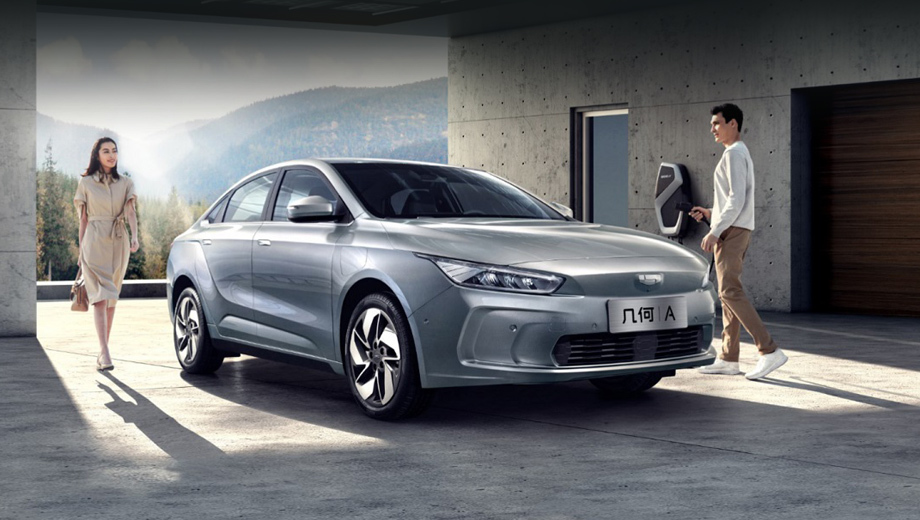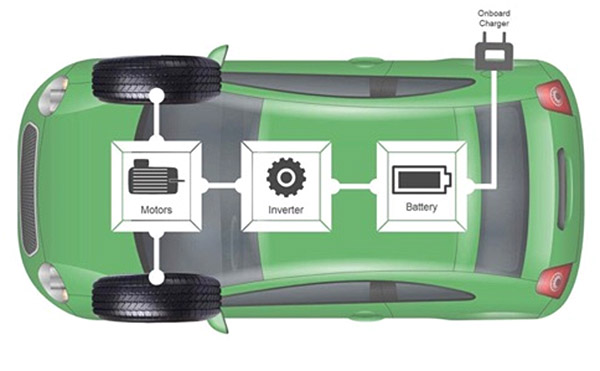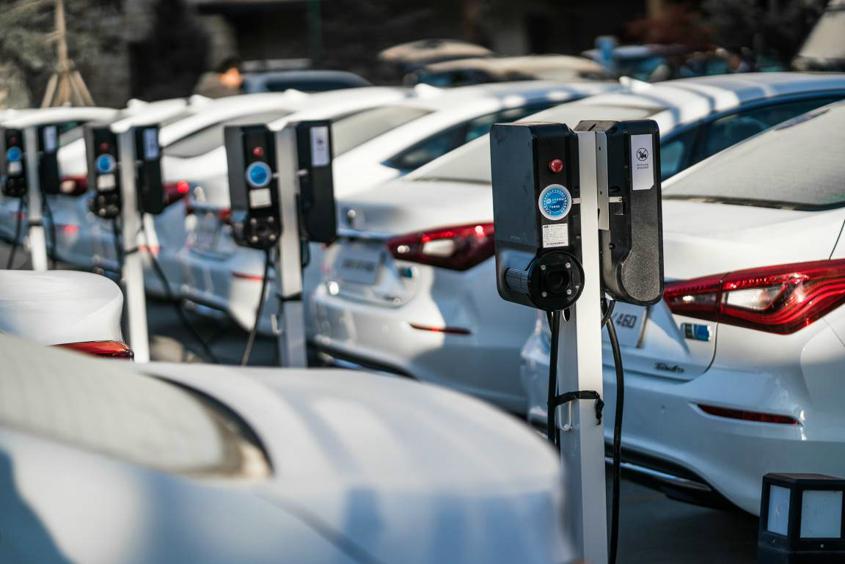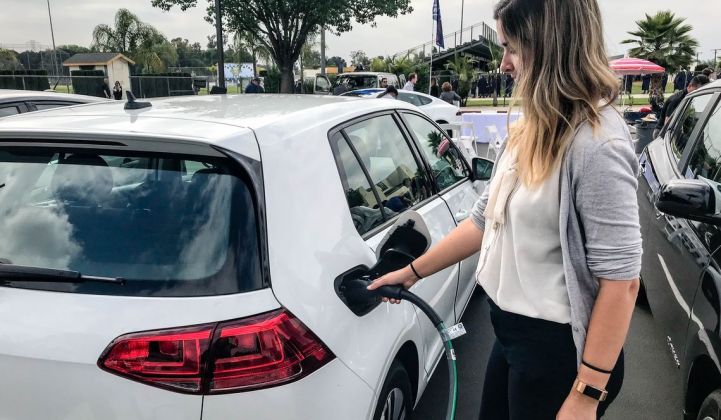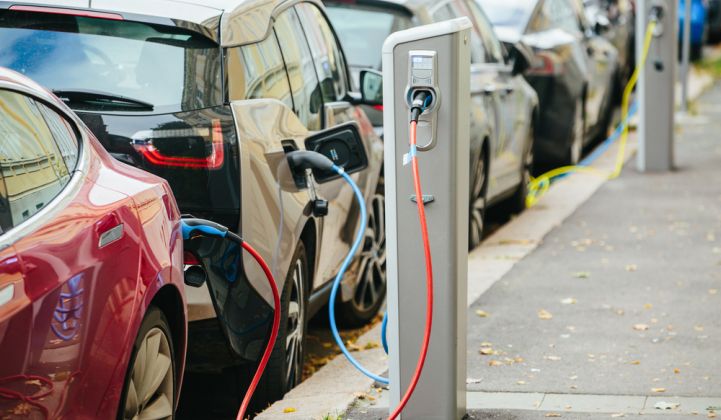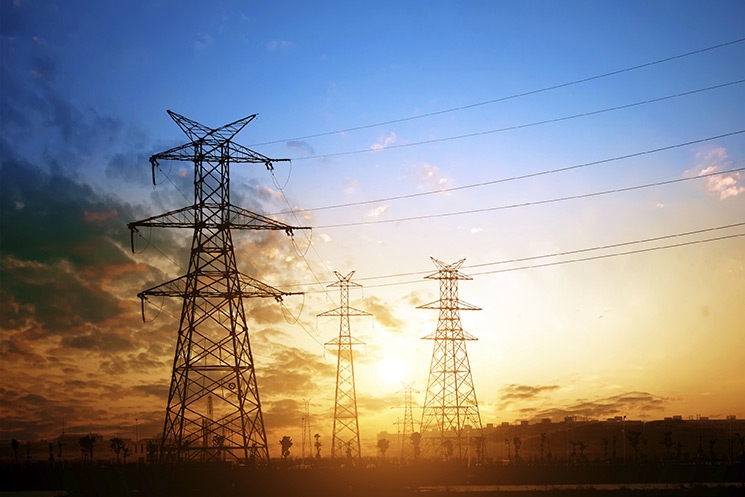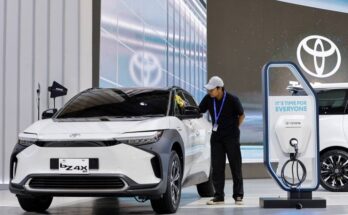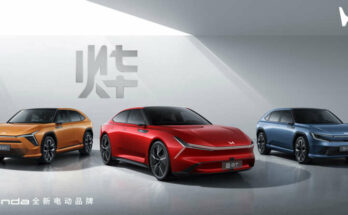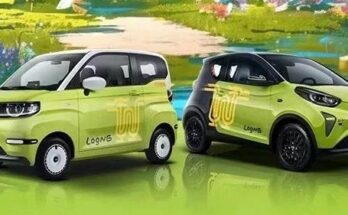 Contributed by Faizan Bhagat Marketing & Sales Executive at Aziz Autos, a car spare parts store in Karachi. Other than automobiles, he enjoys writing, reading philosophy and looking at sunrises on beaches.
Contributed by Faizan Bhagat Marketing & Sales Executive at Aziz Autos, a car spare parts store in Karachi. Other than automobiles, he enjoys writing, reading philosophy and looking at sunrises on beaches.
While Pakistan’s Prime Minister Imran Khan puts emphasis on climate change, let’s discuss about the introduction of Electric Vehicles (EVs)- one of the ways to reduce pollution, in Pakistan. Below is a road map of how this article will carry forward the discussion:
- What are Electric Vehicles and how are they different from the petrol/diesel ones?
- Advantages of introducing EVs to Pakistan
- Disadvantages of introducing EVs to Pakistan
- Suggestion to Government on the matter
What are Electric Vehicles and how are they different from the petrol/diesel ones?
Electric Vehicles basically use an electric motor which is powered by electricity from batteries. These batteries can be charged through plugging in a charger at a charging port just like you charge your mobile phone or your laptop. This is contrary to the normal combustion engine which generates power through burning fuel and gases, hence the “pollution-free” tag that electric vehicles get. Moreover, electric vehicles are also known to be noise free.
Related: Advantages of Electric Vehicles
Now that we know what an electric vehicle is, let’s try to understand a bit about how it operates. The figure below shows a Motor which receives power from the Battery Bank. This battery bank produces DC power while the motor requires AC power; an inverter is used to convert power from DC to AC which then allows the motor to function. For the reason, the inverter is also known as the “brain” of an Electric Car.
“There will always be pros and cons for many new technologies. But what makes us go with one and not the other is the Dream for a better future. It does not have to be the best, but at least there will be options for the young generations to choose from.”
-Rudy George Shukri(Automotive Engineers Trainer, founder Of Tiqani-Dubai)
Advantages of Introducing EVs to Pakistan:
WELL OBVIOUSLY! It will help combat climate change
Just like we discussed at the start of the article, current Pakistan government has change as one of the major issues they need to look at. Now with the introduction of electric cars to Pakistan, these vehicles can help in reducing the pollution that normally cars cause in the environment, by the burning of fossil fuels in a petrol/diesel car. Pollution is one of the main reasons for climate change and by turning to a pollution free alternative for our daily use; we would actually be helping the world deal with climate change. Great, isn’t it? We think so too!
Can Considerably Reduce OIL IMPORT
It is common knowledge that to produce Petrol or Diesel (what are cars normally run on) we need oil-crude oil basically. Pakistan has to import crude oil because our local reserves aren’t enough to cater to the country’s demand. A considerable chunk of crude oil is used to make Petrol and Diesel which help fuel and run the cars that we use every day. Sit back and THINK for a moment, what if after some time, all cars in Pakistan become electric. We probably will not need to import oil which will be a great boost to the country’s balance of payments (the difference between exports and imports) which obviously means our currency; the Rupee will gain value relative to other currencies. SEE? an action which may seem very minimal can have a large macroeconomic effect.
Lower service costs
Car users in Pakistan and all around the world have to go through a number of expenses to maintain their vehicle, today. The oil changes, the oil filter changes, the petrol/diesel refuels, can be a major hassle, especially when fuel prices rise every other day. Electric vehicles will help Pakistani car owners save a fraction of their income which they had to spend on the high service costs of their cars.
Disadvantages of Introducing EVs to Pakistan
High upfront costs
Electric vehicles use advanced equipment which is in its current form thanks to tones of Research & Development and so there is a higher cost attached to this vehicle type. Given that Pakistan is a developing country where in the current situation we are facing a Economic Downturn and purchasing is at a low, buying an electric car may not be a top priority for a Pakistani citizen.
Charge Point Problems
We already know that an Electric Vehicle has to be charged for it to function. Currently Pakistan doesn’t have public charging ports, because obviously the EVs concept is relatively new to the country. Till a point where these types of vehicles are properly introduced in the country, it won’t be feasible to build public charge ports and hence users can face issues such as very limited battery time. This would also mean that they can only charge at their house which would be very slow (around 10 hours). These infrastructural issues can cause major problems for users in the short run.
Electricity Shortage in the country
Well this isn’t anything new. Load shedding is something we are very immune to. So let’s connect the dots and come to the problem here. Pakistan barely manages to fulfill the needs of its citizens in terms of current electricity demand WITHOUT the introduction of electric cars, it is obvious that with the introduction of electric cars this demand will increase considerably, further widening the demand-supply gap. Today, our country doesn’t have many renewable resources with which we produce electricity and this only adds to the problem, if we introduce electric vehicles.
Suggestion to the Pakistan Government on the matter
It is imperative that Electric Cars have benefits that no country should miss on. The Pakistan government should start researching on building renewable resources so that the demand-supply gap can be reduced and it becomes feasible for the country’s citizens to benefit from this advance in technology. Other than the obvious, working on investments for charging stations and collaborating with universities for research, it is extremely important that the government educate the public about how important and beneficial electric cars can be for a normal car driver. All stakeholders will have to stand with the government in this regard and if collaborative effort is made towards a common goal, we may very soon see public charging stations and electric cars in our very own cities.

CarSpiritPK welcomes Guest Posts. If you have the ability to generate quality content and can write some relevant and useful piece of information to be shared with our readers, feel free to contact us at: [email protected] Send you emails titled as (Guest Post submission)

